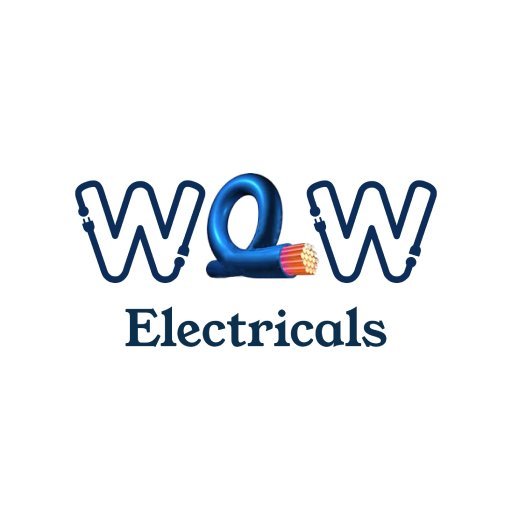Understanding ABB Positioners and I/P Converters: Features and Applications
ABB, a renowned entity in the industrial automation sector, has earned its reputation through delivering high-quality and reliable automation solutions. Among its extensive product range, ABB positioners and I/P converters stand out for their critical roles in various industrial applications. These devices are integral to optimizing operational efficiency and ensuring precise control within complex systems.
Positioners are devices used to manage the position of a valve or actuator. They receive a control signal and adjust the actuator’s position accordingly to ensure the desired level of flow or pressure is achieved. ABB positioners are known for their accuracy and responsiveness, which are essential in maintaining the precise control of processes. They incorporate advanced technologies that allow for easy calibration and integration into existing automation systems, reducing downtime and maintenance costs.
On the other hand, I/P (current to pneumatic) converters play a crucial role in converting electrical signals into pneumatic outputs. This conversion is vital in environments where pneumatic control systems are prevalent. ABB I/P converters are lauded for their reliability and high performance, ensuring that the pneumatic systems receive accurate and consistent signals. This reliability is particularly beneficial in industries where maintaining continuous operation is critical.
The benefits of using ABB positioners and I/P converters extend beyond their precision and reliability. These products are designed for seamless integration, enhancing the overall efficiency of industrial systems. They support a wide range of communication protocols, making them versatile and compatible with various industrial setups. Additionally, ABB’s commitment to innovation ensures that their products are always at the forefront of technology, providing users with state-of-the-art solutions.
ABB positioners and I/P converters find applications across numerous industries. In the oil and gas sector, they are essential for controlling the flow of fluids, ensuring safe and efficient operations. Chemical processing plants rely on these devices for precise control of chemical reactions, which is crucial for product quality and safety. Water treatment facilities use ABB products to regulate the flow and pressure of water, ensuring consistent and safe water supply. These examples illustrate the versatility and indispensability of ABB positioners and I/P converters in various industrial contexts.
Finding Reliable Suppliers and Dealers for ABB Positioners and I/P Converters
When it comes to sourcing ABB positioners and I/P converters, selecting a reliable supplier or dealer is paramount. Authorized and reputable dealers not only guarantee product authenticity and quality but also provide essential warranty support. Therefore, sourcing from authorized channels ensures long-term reliability and optimal performance of your ABB equipment.
Several key factors should be considered when choosing a supplier. Firstly, certification is crucial. Suppliers should be certified by ABB to confirm their authenticity and adherence to industry standards. Customer reviews also offer invaluable insights into a supplier’s reliability. Positive feedback and consistent ratings suggest a trustworthy dealer. Additionally, robust technical support and after-sales service are indispensable. A supplier that offers comprehensive support can significantly ease the installation and maintenance processes, thereby enhancing the overall user experience.
Partnering with suppliers who provide end-to-end services, including installation, maintenance, and training, offers numerous benefits. These services ensure that the products are correctly installed and maintained, which can prolong their lifespan and improve efficiency. Training programs available through these suppliers can also enhance your team’s understanding and operation of ABB positioners and I/P converters, leading to better performance and fewer operational issues.
Verifying a dealer’s credibility is another critical step. Start by checking their association with ABB, as official partners are often listed on ABB’s official website. Industry certifications and affiliations with professional organizations further attest to a supplier’s credibility. Practical tips for verification include requesting documentation of their certifications and looking for memberships in industry bodies.
Finding these reliable suppliers can be done through multiple channels. ABB’s official website is a primary resource, offering a list of authorized dealers. Industry trade shows also present opportunities to meet potential suppliers and assess their offerings directly. Additionally, professional networks and industry forums can provide recommendations and reviews to help in your selection process.

